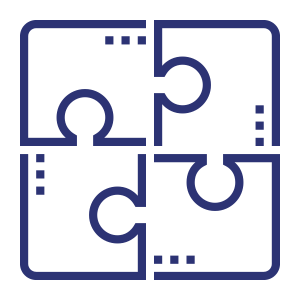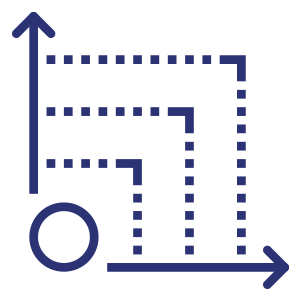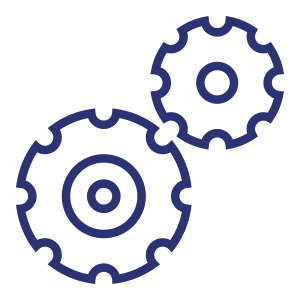How a Cloud-based ERP Solution Benefit Your Distribution Company?
What is ERP?
ERP refers to Enterprise Resource Planning software.
ERP software enables distribution and other companies to store company data in a central database so that the data can be shared easily between different departments. When company data is centralized through ERP, many benefits become available, just some of which are discussed in this article.
Benefits of ERP Solutions for Distribution Companies
With the benefits of modern Cloud-based ERP solution, distribution companies are able to:
Improve collaboration
As mentioned previously, ERP software centralizes company data so the data can be easily shared between different company departments. This helps to improve collaboration opportunities.
Modern Cloud-based ERP solutions make it even easier for members of an organization to collaborate. Since modern Cloud ERP can be accessed from anywhere in the world, from any Internet-connected device, the Cloud-based ERP solution is always available.
Increase productivity
With an ERP software solution, companies are able to automate many tedious and mundane tasks. ERP helps companies enter, collect, and organize data so that the data can be used by other business software.
Cloud-based ERP software integrates with many popular application suites. By integrating the ERP software with other applications, the need to enter data multiple times, an error-prone process, is reduced.
Lower costs
With ERP software, distribution companies are able to lower the costs of managing inventory and managing logistics.
ERP software provides data concerning inventory in real time. And, the software helps management process that data into useful information.
For example, with ERP, management can always know:
- The current stock of a product
- The current value of inventory
- The rate at which products are being sold and restocked
Logistics costs are reduced by the use of ERP software because, among other enhancements for logistics operations, ERP can help with determining product shipment and delivery times so that the cost of expensive, last-minute delivery methods can be avoided.
Accurate forecasting
Cloud ERP solutions developed specifically for the distribution industry include features for detailed, accurate forecasting. When using industry-specific Cloud ERP, distribution companies are able to forecast:
- Periods of increased demand
- Periods of decreased supply
- Periods when changes in logistics need to be made
With these forecasts, distribution companies that use a Cloud ERP solution are able to make strategic business decisions much more quickly than competitors who do not use a Cloud ERP solution.
Cloud-based ERP software solutions for the distribution industry
Distribution companies seeking to improve the efficiency of their business operations should look into Acumatica Cloud ERP.
Acumatica Cloud ERP is set apart from other ERP solutions because, unlike other ERP solutions, Acumatica Cloud ERP comes in industry-specific editions, including an edition purpose-built for the distribution industry.
Most ERP software solutions include only features and functionalities that are universal across different industries, such as basic purchase order and invoice processing. Acumatica Cloud ERP provides much more.
If your distribution company would like to learn more about Acumatica Cloud ERP Distribution Edition and what it can do for your business, AppSolute Consulting Group can help.
The AppSolute team is composed of talented individuals who are dedicated to successfully implementing Acumatica Cloud ERP and helping clients get the most out of their ERP solution.
Since its founding in 1997, AppSolute has custom-crafted a wide range of ERP solutions to ensure the specific needs and goals of its clients are met.
Companies that partner with AppSolute are guaranteed top-quality on-site support and services whenever they are needed.
Speak with an AppSolute expert today to learn how Acumatica Cloud ERP can help your distribution company be more efficient, productive, and profitable.











